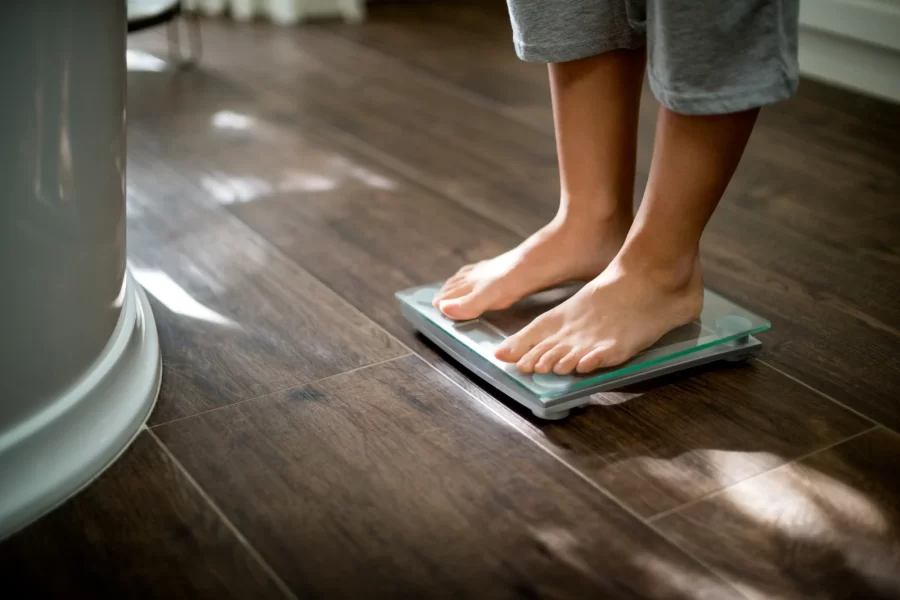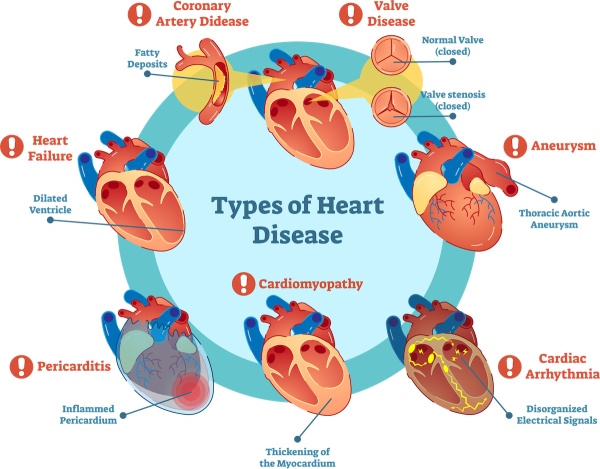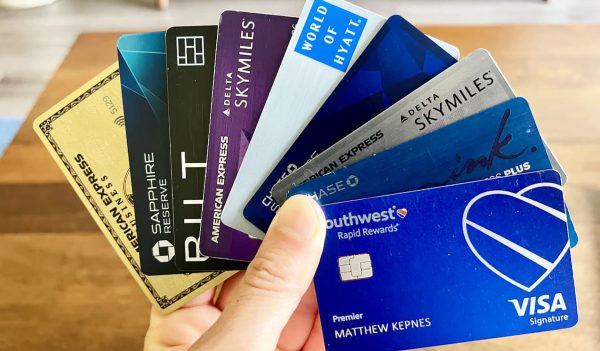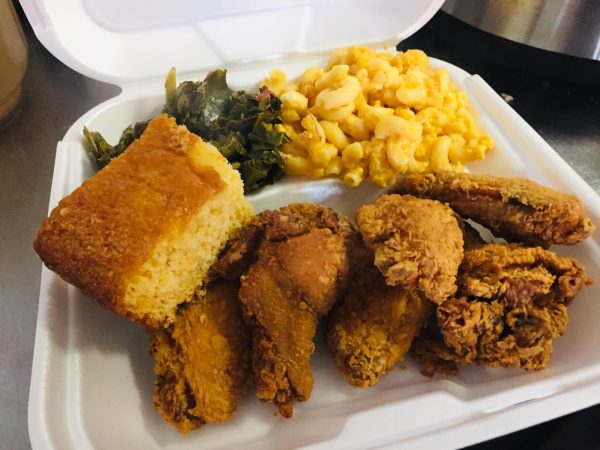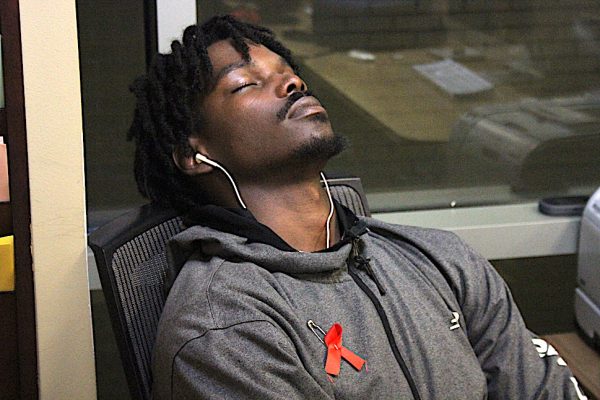Helpful tips to avoid the daunting Freshman 15
October 16, 2021
Call it a newly discovered taste for independence, but most college students have some familiarity with the dreaded “Freshman 15.” The Freshman 15 typically refers to the weight students are bound to gain when they get to college and leave home-cooked meals behind.
At Alabama State University, students are provided with a weekly meal plan and $150 worth of flex-bucks to spend on meals from the John Garrick Hardy Center, in which Chick-Fil-A and Subway are located. With the combination of the free-for-all environment of college dining halls, little physical activity and academic stress, it does not take long for the pounds to start adding up.
“Students are on their own for the first time, navigating food choices and with more freedom over what they eat,” said Jamie Bodenlos, Ph.D., an associate professor of psychology at Hobart and William Smith Colleges who has studied freshman weight gain.
“It’s hard to try and be conscious of what you are eating and avoid gaining some weight because college makes it so that you have to eat what you can when you can. The cafe has specific times for us to go eat, but it doesn’t always work with my schedule, so I pretty much end up snacking all day until I can buy something off-campus,” said Mila Henderson, a freshman social work major.
Many students stack their rooms full of snacks in preparation for when there is no time to run out and get something to eat because class starts in 20 minutes! In that case, consider your room a junk food-free zone. According to dietitian and nutritionist Ellie Kreiman from the University of Miami’s Department of Food and Nutrition, students should consider “avoiding salty chips and sweet candies, instead invest in a mini-fridge that will let you store healthier snacks, such as fruit, veggies, yogurt, salad or local produce.” Having salad as an everyday snack is unreasonable but maintaining a balance is significant to avoid that daunting 15 pounds.
“My friends and I try to have one hour of exercise every night by the stadium. Getting a group of people who are willing to work out with you is more motivation to do it. It makes the experience feel more exciting than draining. We try to go at least 3 times a week,” said sophomore psychology major Makayla Jones.
Mary Ann Kieser from The University of Alabama at Birmingham’s Department of Nutrition Sciences noted, “Students should also try to incorporate as much physical activity into their day as possible. Try taking the long way back to your dorm and take the scenic route.” There is much to see here at ASU, such as the beautiful Equinox or the New ASU Stadium. Taking a walk to discover new things on campus is a great way to get some movement for the day. By doing this often, those extra steps will add up. Other ways to get some physical activity include:
- Taking the stairs instead of the elevator.
- Looking for the hilliest route across campus.
- Going for walks with your friends.
“I usually have classes Monday through Thursday starting at 10 in the morning, and my last class is at five in the afternoon. Needless to say, eating on time is not in the cards for me,” says Abdul Morrison, junior political science major.
Lastly, try planning ahead of time. “If you have a hefty schedule, make sure to pack enough snacks like fresh fruit, a pack of nuts, or Greek yogurt to hold you over,” Keiser noted. “With a solid block of classes and extracurricular activities, it is hard to adhere to 9 a.m. breakfast, afternoon lunch, and 5 p.m. dinner. Prepare to have small, regular snacks throughout the day. This will help you avoid a binge when you are finally able to eat an actual meal.”
“I know that eating fried foods and snacking all the time won’t only affect the way I look over time, but also my health. Keeping that in mind, this semester, I have been trying to incorporate healthier eating habits in my life and exercising when I can. I also made it a rule to not eat after 10 o’clock at night. I have been feeling a lot better than my first year, and I know in time, it’ll pay off,” said sophomore Desiree Jackson, a biology major.


